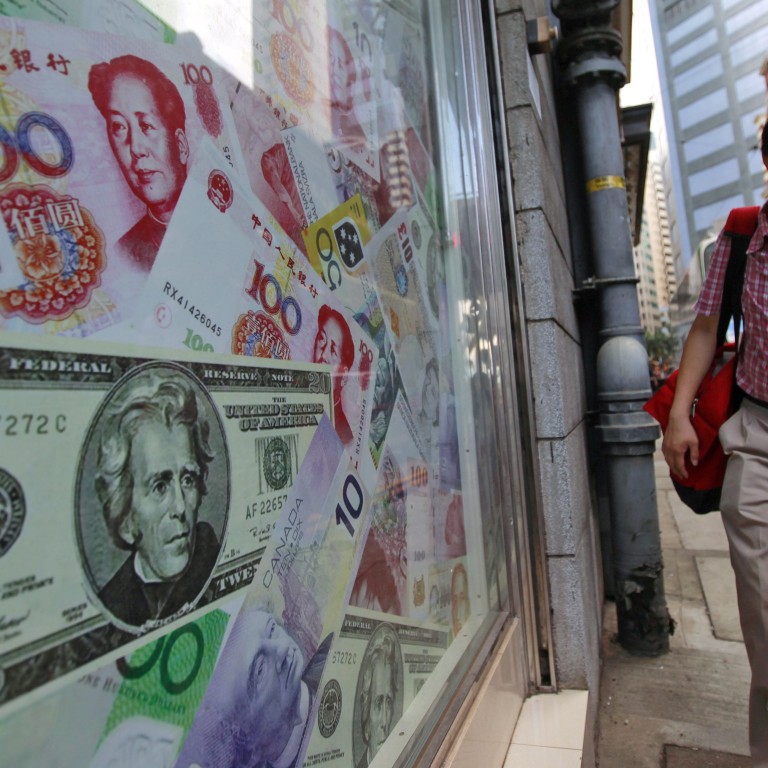
Chinese shares under rerating pressure following yuan depreciation
The target price of some Chinese corporates that hold foreign currency debt, in particular property developers and some industrial firms, are facing downward pressure as their debt burden is seen rising and margins get squeezed following last week’s yuan devaluation.
The 42 rated Chinese property developers tracked by rating agency Moody’s, for example, had around 35.5 per cent of their debt denominated in non-renminbi currencies on average, including offshore bonds and bank loans, in their debt structure at the end of 2014, according to a Moody’s report.
“This foreign currency risk is largely un-hedged,” said Moody’s analysts led by Simon Wong. “Because of the mismatch between their foreign currency debt obligations and renminbi-denominated revenues and operating cash flow, their interest expenses and principal amounts of foreign currency debt will increase in renminbi terms in tandem with a depreciating renminbi.”
The rating agency found that most of the developer’s debt burden would likely deteriorate following the yuan devaluation, albeit at different levels, it said.
For example, companies that are state-owned and have strong financial buffers, such as China Overseas Land & Investment Ltd., and China Resources Land Ltd., could see net debt to net capitalisation ratio fall by a marginal two to three percentage points in 2015 should the yuan depreciate by 10 per cent.
However, developers such as Greenland Hong Kong Holdings, Yuzhou Properties, Yuexiu Property and Shimao Property, could suffer from a bigger impact on their debt leverage, it said.
Apart from developers, other firms such that hold foreign currency debt are also affected.
China Unicom, for example, will suffer from a one-off foreign exchange loss of 2.91 billion yuan for the bank loans and bonds it has borrowed in the offshore markets, according to Credit Suisse.
Even for some companies that do not have significant overseas business exposure, the devaluation could materially alter capital expenditure budgets and thus affect stocks’ share performance.
Credit Suisse on Monday lowered the target price for China Mobile and China Telecom by around 5 per cent to HK$130 and HK$6.28, respectively.
In the longer term, the impact on companies with sizable foreign debt will partially depend on the interest rate environment on the mainland.
“The reduction in domestic interest rates would lower interest costs on domestic borrowings, softening both the impact of higher USD-denominated interest costs in renminbi terms and the deterioration in rated developers’ interest-coverage ratios,” said Moody’s.
China has reduced its benchmark lending rate four times since the second half of 2014, by 90 basis points to 5.1 per cent from 6 per cent.
Furthermore, the opening of the domestic bond market could provide an alternative source of long term funding that is not exposed to foreign exchange risk, which could help refinance their foreign currency debt, Moody’s said.

